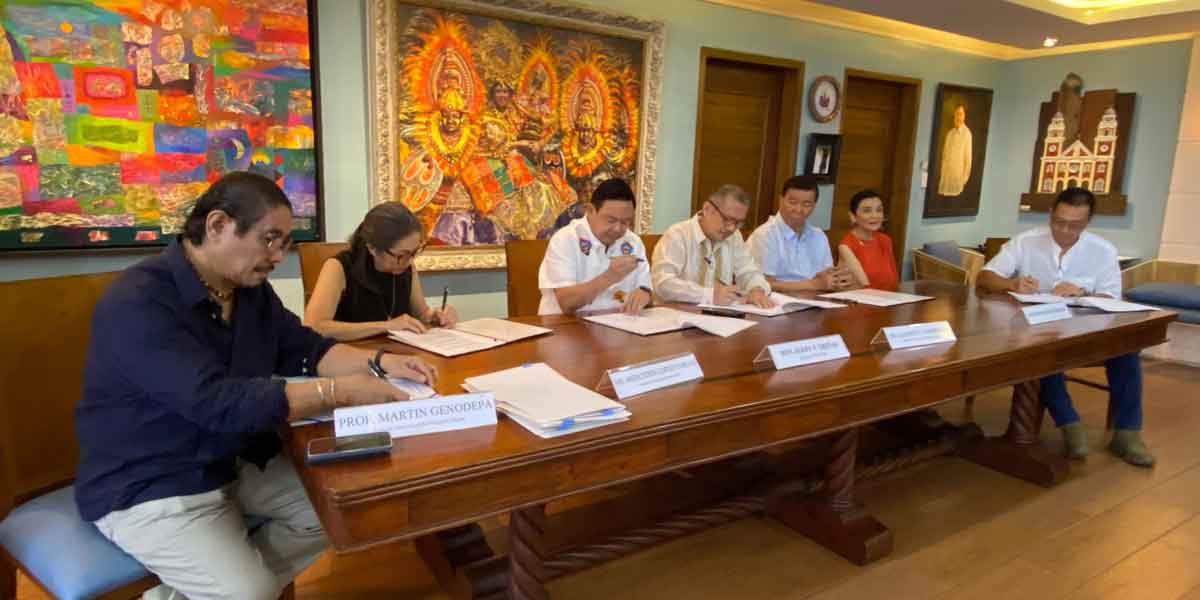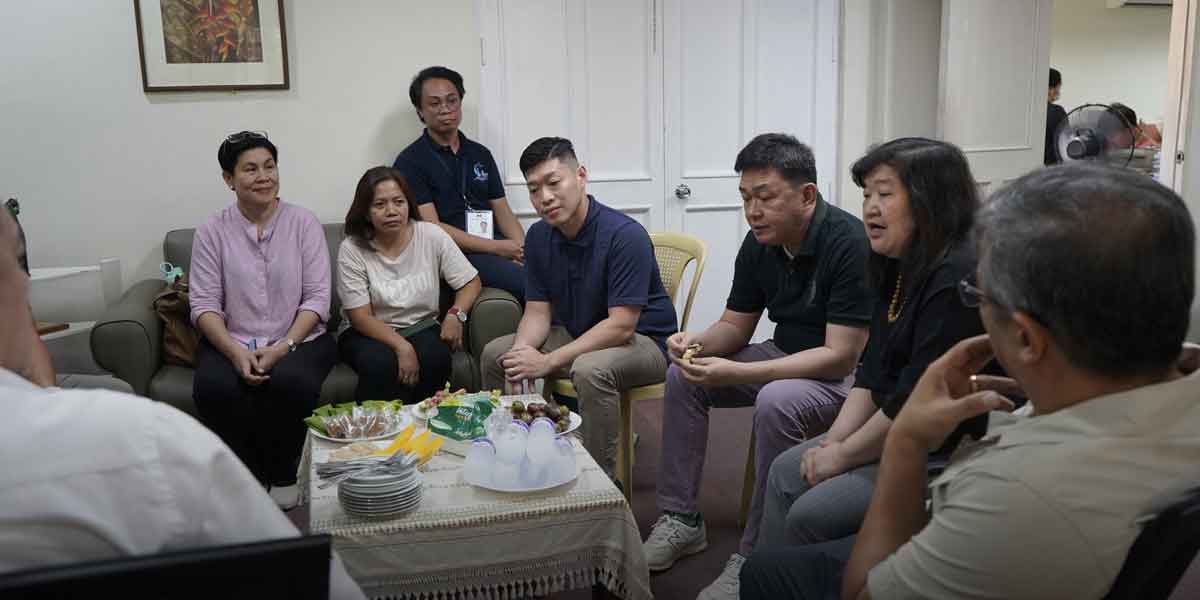
By Francis Allan L. Angelo
In response to the alarming spike in food inflation and the ongoing global and environmental challenges, the National Economic and Development Authority (NEDA) outlined its strategies to uphold food security, a top priority for the government.
NEDA Secretary Arsenio M. Balisacan addressed concerns following the Philippine Statistics Authority’s (PSA) recent report which noted an increase in the country’s inflation rate to 3.8 percent in April 2024 from 3.7 percent in March 2024.
Although within the target range, this slight increase signals the need for careful economic management.
Significantly, food inflation jumped to 6.3 percent in April from 5.7 percent the previous month. Vegetables, fish, and ready-made products saw considerable price increases of 4.3 percent, 0.4 percent, and 4.8 percent, respectively.
Conversely, rice, a staple in Filipino diets, showed a slight decrease in inflation to 23.9 percent in April from 24.4 percent in March, yet it continues to be a major inflation driver.
Amid these challenges, Secretary Balisacan emphasized the government’s comprehensive approach.
“We are taking comprehensive measures to ensure food security amid geopolitical concerns and weather patterns worsened by climate change,” he stated. “The government’s major strategies aim to increase productivity, build the resilience of the agriculture sector, and improve the efficiency of food systems.”
These efforts are part of the broader Philippine Development Plan 2023-2028, which focuses on modernizing the agricultural and agribusiness sectors.
In a significant move on April 30, President Ferdinand R. Marcos, Jr. signed Executive Order (EO) No. 59, expediting the implementation of the country’s Infrastructure Flagship Projects (IFPs).
These projects are designed to enhance the agricultural sector’s connectivity to markets, thereby reducing transport costs.
Furthering these measures, Administrative Order No. 20 reconstitutes a surveillance team to oversee the importation and distribution of agricultural products. This team, involving multiple government agencies, aims to curb price manipulation and unfair trading practices, ensuring fair prices for Filipino consumers.
Secretary Balisacan concluded with a firm reassurance of the Marcos Administration’s commitment to not just addressing immediate price spikes but also ensuring long-term food security and economic stability.
“We prioritize food security, economic growth, and the welfare of our producers and consumers,” he affirmed. “Our actions aim to boost local production and prepare for any challenges in food supply and price upticks.”
Through these strategic initiatives, the government hopes to mitigate the impact of both El Niño and La Niña on the nation’s food supply and stabilize prices in the face of global economic disruptions.




















